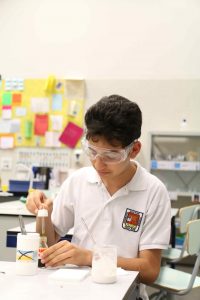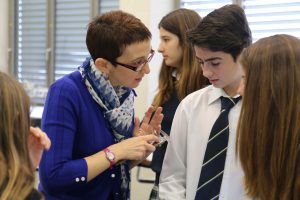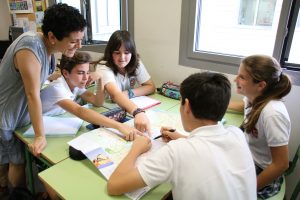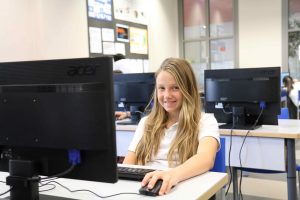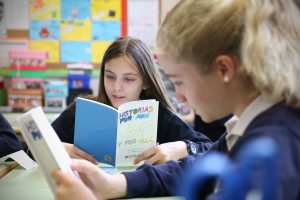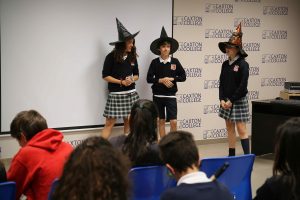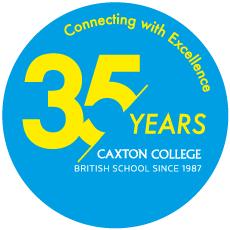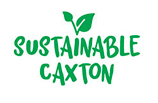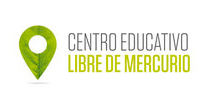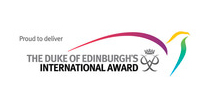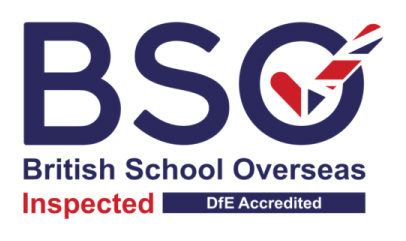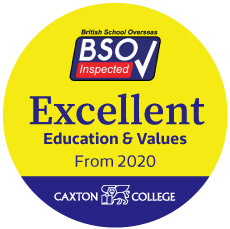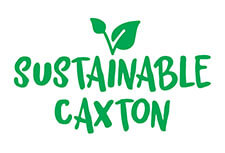Key Stage 3. During this Key Stage, which lasts from Year 7 to Year 9, pupils study the following subjects: English Language, Mathematics, Science, Spanish Language and Literature and Spanish Social Studies (or Spanish as a Foreign Language), Religion or Ethics, French or German, Valencian Language, Art, Geography, History, ICT, Music, Personal Development, Career Skills and Physical Education.
Key Stage 4. In Years 10 and 11, the last two years of compulsory Secondary education, the curriculum becomes more flexible with students having a number of compulsory subjects as well as the choice of three optional subjects, which are made according to their preferences and future career plans:
- Compulsory British IGCSE subjects: English Language, Mathematics, Science (being able to choose the three sciences separately -Physics, Chemistry and Biology- or the double award that grants two IGCSE grades) and Spanish as a First or Foreign Language.
- Optional British IGCSE subjects (students choose 3): Art, Business Studies, Computer Science, English Literature, French, German, Geography, History, Music, Physical Education, Psychology.
- Compulsory Spanish curriculum subjects: Spanish Language, Spanish Social Studies (or Spanish as a Foreign Language) and Valencian Language.
- Compulsory Internal subjects: Religion or Ethics, Personal Development, Physical Education and LAMDA (Year 10 only).
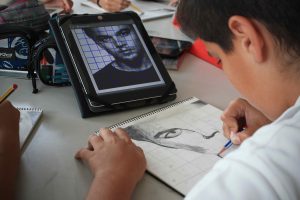
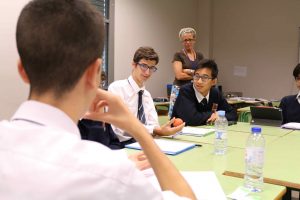
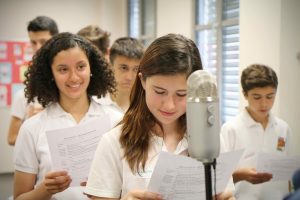
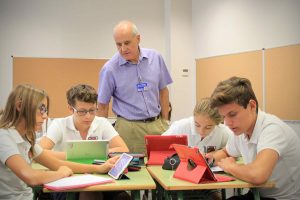
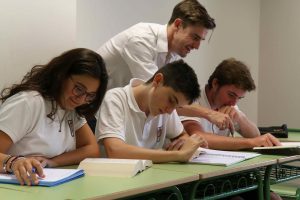
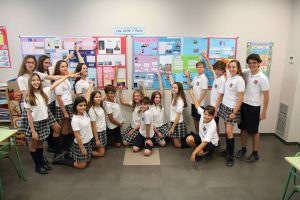
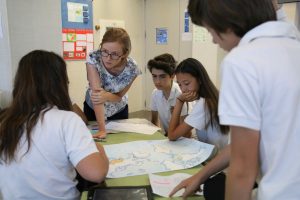
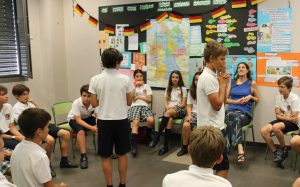
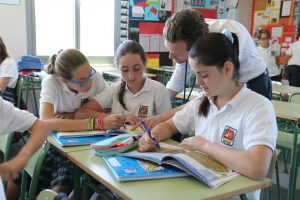
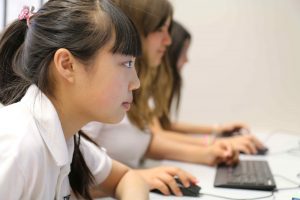
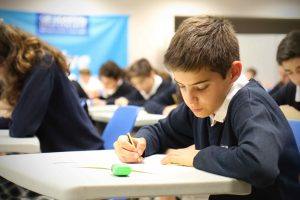
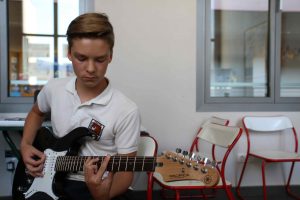
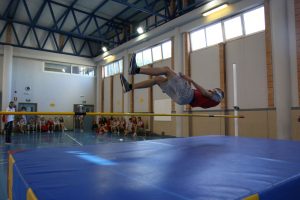
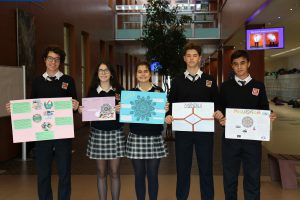
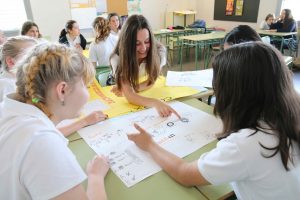
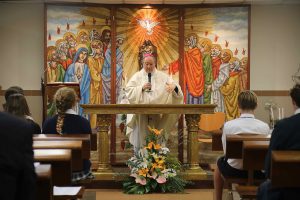 Whilst respecting freedom of religion among all of our pupils, Caxton College has a Roman Catholic chapel that offers families the preparation required in order for their children to take the sacraments of First Communion and Confirmation at school.
Whilst respecting freedom of religion among all of our pupils, Caxton College has a Roman Catholic chapel that offers families the preparation required in order for their children to take the sacraments of First Communion and Confirmation at school.